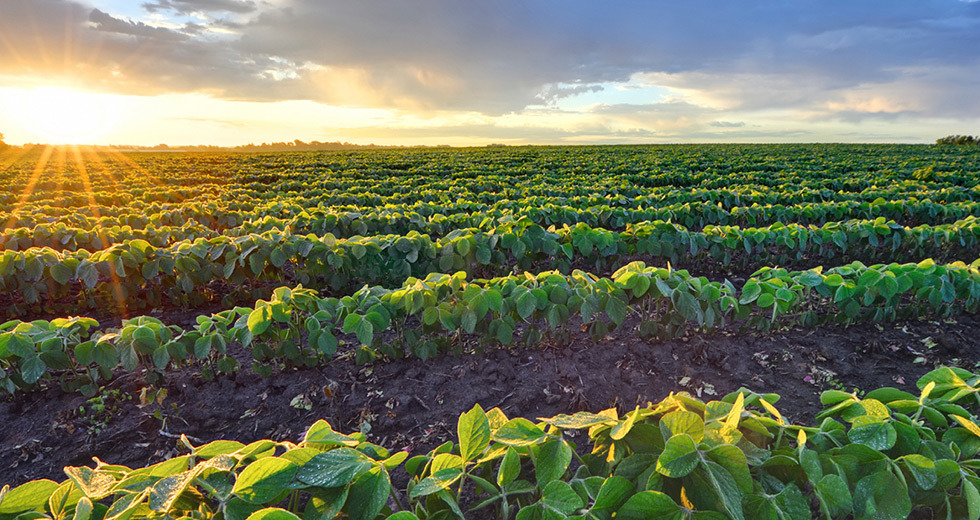Organic Agriculture
Conventional agriculture relies heavily on chemical fertilizers and toxic pesticides which are harmful to human health. These fertilizers and pesticides enter the food supply, penetrate water sources, harm livestock, deplete soil, devastate natural ecosystems, and contaminate the foods grown for general public use. The benefits of turning to organic agriculture are enormous. Organic agriculture enriches the soil season by season. It increases the long-term yield, nutrient value, and potency of crops.
Today there is mounting evidence that chemical based fertilizers, herbicides, and pesticides are extremely hazardous to the health of all life. In addition, there are over 7,000 artificial and/or chemical preservatives and additives permitted in non-organic food, including: colorings, stabilizers, fillers, residual antibiotics and hydrogenated fats. None of these are permitted in organic foods. As has been proven in the past, entire communities can become subject to the dangers of toxic agricultural chemicals as they seep into the food on which they are applied as well as the foods grown for general public consumption. In areas of contamination, trees have stopped bearing fruit due to the heavy use of pesticides which has killed the natural pollinators: the bees and butterflies.
GM (Genetically Modified), also known as GE (Genetically Engineered), seeds and crops that have been introduced require a higher purchase price every year. These need to be heavily sprayed with toxic pesticides, which are supplied by the same companies that produce the GM/GE seeds and crops. The development of this dangerous cycle has evoked a strong response from both health professionals and environmentally conscious citizens around the globe. Organic agriculture requires the elimination of commercial fertilizers, herbicides, pesticides and other dangerous chemicals, creating a significantly healthier working and living environment for the farmers, their families, the livestock and the local wildlife.
Organic agriculture allows for a naturally clean water supply and gives a whole new appeal for a healthy culture in farming. Through organic agriculture, farmers learn healthy and sustainable farming practices, and regain some of the wisdom of their agricultural heritage through best practices.


